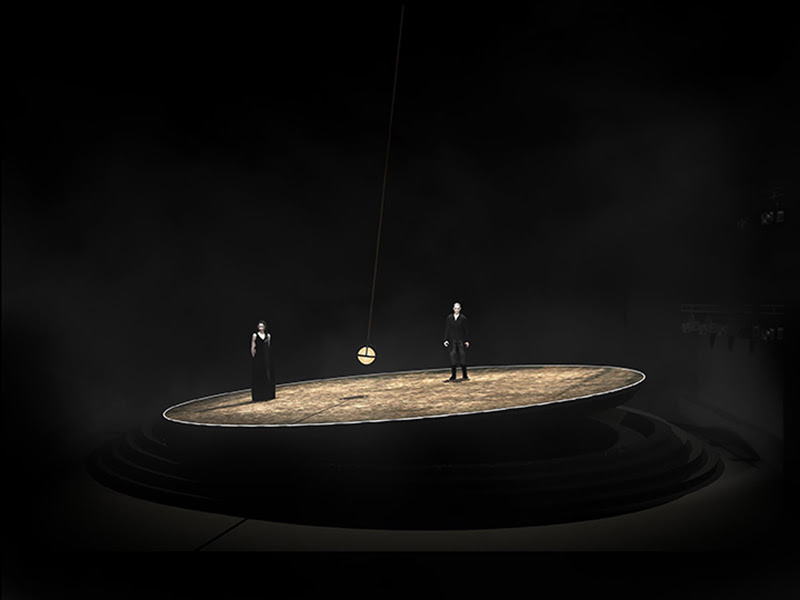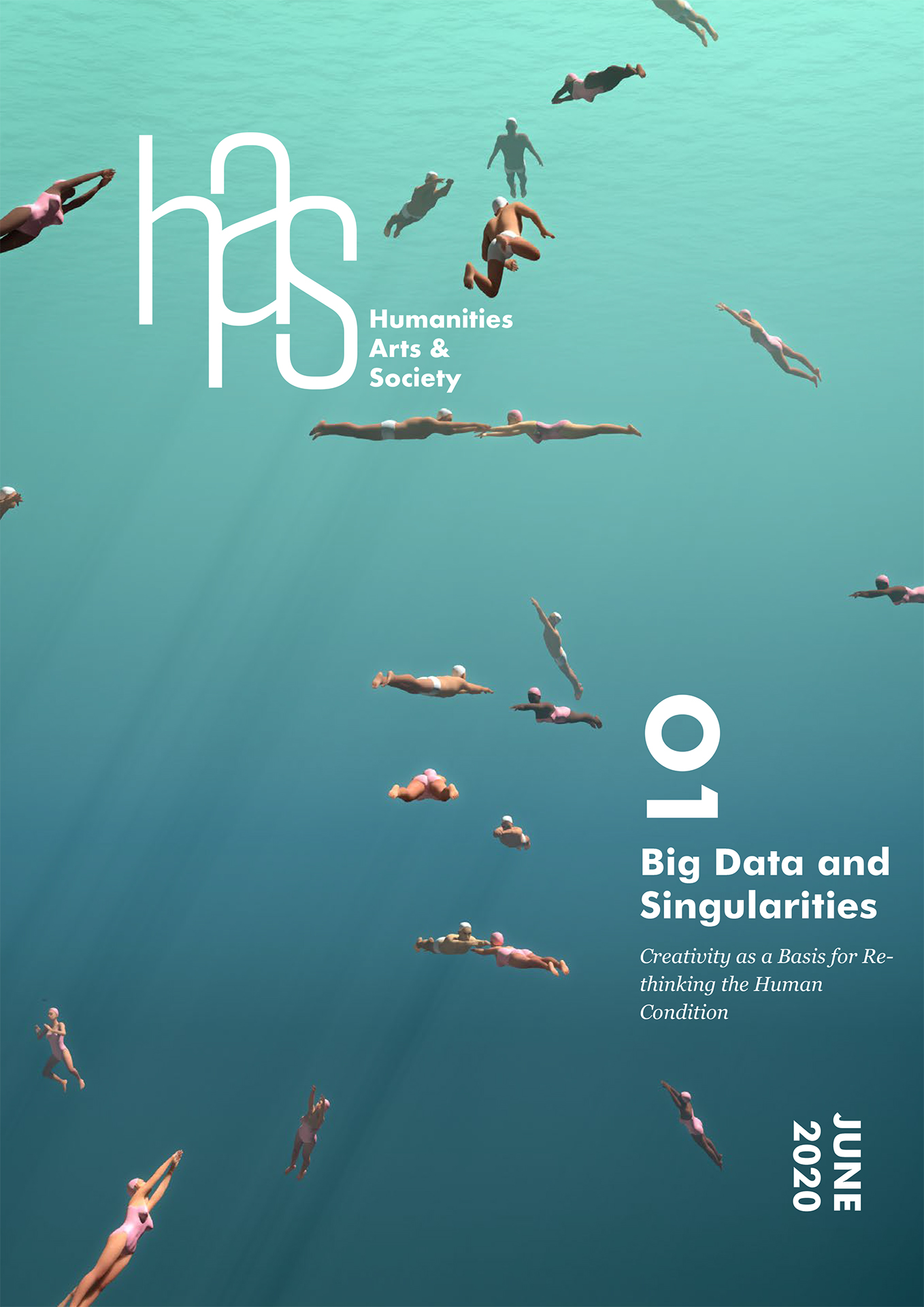
Photo d’Éric Oberdorff
Overview of Global Strategy
In 2014, the General Assembly of the International Council for Philosophy and Human Sciences (CIPSH), hosted by UNESCO in Paris, decided to engage in an ambitious agenda, aiming at resuming the role of the Humanities in contemporary society after decades of undervaluation. Following this, the framework agreement of cooperation with UNESCO has been resumed and updated, and this is the moment to report to you our common advances, our ongoing key programmes, but also our growing expectations.
In 2017, together with UNESCO, we organized the World Humanities Conference, whose final recommendations, endorsed by the General Conference of UNESCO in 2018, sit at the heart of a workplan which is now being implemented. (See: http://www.cipsh.net/web/channel-112.htm).
Since then, four major international projects have been established.
The Global History of Humanity directly addresses the need to understand the common past of our species, with all its diversity, starting with a dozen debates that can now be considered important in showing the role of the humanities in response to the challenges of a world that becomes at the same time more integrated and more fragmented. These debates, ranging from the origins of humankind and technology adaptations to patterns of consumption, will be published to address a wider community of readers and supported by material for schools. (See: http://www. cipsh.net/web/focus-23.htm).
The World Humanities Report aims at offering a portrait of the Humanities worldwide, considering regions, disciplines and themes, and noting positive changes that are underway (concerning methods, institutions, networking or themes) while identifying which are the main risks (concerning archives, disciplines, methods, languages, platforms, heritage sites, research programs, and institutions) and which are the current institutional frameworks of the Humanities in different regions and countries. (See: http://www.cipsh.net/web/focus-22.htm).

A third main project has been to identify strong international university networks dealing with key topics of societal interest and fostering their structuring as UNESCO or CIPSH chairs. So far, ten chairs have been established, involving over 150 very strong institutions, covering themes such as borders and migrations, language diversity, global understanding, new humanities or landscape management. (See: http://www.cipsh.net/web/focus-21.htm). The understanding of the need to foster a close collaboration between the Humanities and the Arts led to the establishment, in partnership with UNESCO-MOST and Mémoire de l’Avenir, of the Arts and Society project, first presented at the World Humanities Conference and now experiencing a consolidation and expansion in partnership with the Global Chinese Arts and Culture Society, of which the platform humanitiesartsandsociety.org and HAS Magazine are tangible results.
CIPSH is also committed to establish an international coalition, BRIDGES, as a means to complete and thereby strengthen the sustainability science domain, building from the Humanities, encompassing the Arts, the Social and Natural sciences, as well as other knowledge communities and traditions, aiming to be formalized within UNESCO’s Management of Social Transformations (MOST) programme. (See: https://en.unesco.org/news/toward-establishment-bridges-action-promote-sustainability-science).
CIPSH 70th Anniversary
The International Council for Philosophy and Human Sciences was founded in January 1949, in Brussels, under the auspices of UNESCO, to explore the uniqueness of the Humanities for understanding the great challenges of Humanity—peace, conviviality, purpose, what it means to be human, what conditions human agency, and how to articulate cultural diversity and the unity of the species while rejecting any forms of racism, xenophobia or other prejudice. Philosophy, History, Literature, Anthropology, Geography, all their sub-disciplines, but also the fundamental principles of meaning and ethics in the other sciences, are at the core of the work of CIPSH.
On its 70th anniversary, CIPSH stresses the need for the Humanities to resume their central role, also understanding that this is a precondition for humans to be able to build effective converging agendas for the future. This implies revisiting and reinforcing Humanities education at all levels and overcoming the absurd divide between the investments in what societies want to have and on how societies want to be. Such a divide pushes all of the world to growing tensions, war and despair. CIPSH, along with all of its member federations and associations, is committed to collaborate in countering this divide.
The online publication of the CIPSH 70th anniversary is available at http://www.cipsh.net/ web/news-291.htm.
European Humanities Conference 2021 – Save the Date
The European Humanities Conference will take place in Lisbon from May 5 to May 7, 2021, during the Portuguese Presidency of the Council of the European Union.
The Conference is jointly organized by CIPSH, UNESCO and the Foundation for Science and Technology (FCT), the Portuguese public agency for the support of research and development in all areas of knowledge. The general theme of the conference is European Humanities and Beyond. Four specific issues have already been proposed: 1) Multidisciplinary Dynamics as Education and R&D strategies for meaningful problem solving; 2) Heritage, mobility and identities; 3) Influence and impact of the Humanities in society; 4) New Humanities. (More information will be available soon at www.cipsh.net and www.europeanhumanities.ipt.pt).
Humanity and COVID-19
On April 16th and 17th, CIPSH co-organized, with the Asian New Humanities Network and the College of Public Health of NTU in Taipei, the online conference meeting on Humanity and COVID-19, chaired by Prof. Hsiu-Hsi Chen. Several core themes were discussed, on the contributions of the Humanities for facing major challenges such as epidemics, natural hazards and wars, focusing on the current COVID-19 pandemic. (See: https://planetaryhealth2020.website/news).
CIPSH Charis Programme
CIPSH, the International Council for Philosophy and Human Sciences (Conseil International de la Philosophie et des Sciences Humaines), has established a programme of academic chairs, designed to highlight and encourage existing research networks of centres of research in the humanities, to attract greater attention to the humanities worldwide, and to enhance recognition of their importance in contemporary society. Further information is available at www.cipsh.net
CIPSH International Academy on Chinese Cultures and Global Humanities
Following the increasing number of CIPSH meetings and other activities in Asia, an understanding was made in the interest of undertaking multidisciplinary research in the Humanities, focusing on Chinese cultures, internally and in other continents. These researches will include the study of Chinese history and philosophy, of the interaction and influence between the Chinese and Asian diasporas, of their impact in the circulation of knowledge, as well as the perception of Chinese and Asian Humanities in other regions and cultural traditions.
Within this scope, CIPSH will organize an International Academy on Chinese cultures and Global Humanities, consisting of a series of yearly intensive seminars focusing on specific themes, promoting a dialogue with the academic communities in the region where they will be held and attracting advanced students to foster future research in those domains. It will be advised by a scientific committee appointed by CIPSH. The programme, benefiting from a grant from the Chiang Ching-kuo Foundation for International Scholarly Exchange, will take place in Europe. (More information will be available soon at www.cipsh.net).
VI APHELEIA Online Seminar
The VI APHELEIA International Seminar on Humanities and Cultural Integrated Landscape management was organized in Mação, Portugal, from March 30th to April 4th, 2020, on the general theme Humanities, Arts, Technology and Social Cohesion. The seminar focused on how the discourse of the Arts, interacting with Humanities research, contributes not only to disruptive thinking and the questioning of society, but also to foresight and social cohesion. This seminar brought together researchers, artists and students. Due to the COVID-19 pandemic, the seminar was undertaken with a limited number of oral presentations from research students, but will include, in the final publication, the contributions of several researchers who had initially adhered to the programme. (See: http://apheleiaproject.org).
Second International South American Humanities Conference
The Federal University of Minas Gerais in Brazil hosted, under the auspices of the International Council of Philosophy and Human Sciences (CIPSH) and UNESCO, with the Association of Universities of the Montevideo Group (AUGM), the Second International Conference of Humanities in South America with the general theme: Sustainability, Well-being and Human Rights. It happened in Belo Horizonte, from December 9th to 11th 2019, and provided a space for interdisciplinary debate, involving researchers, artists and managers of universities and local representatives. (See: https://www.ufmg.br/humanidades/en/presentation/).
Strategic New Partnerships
A memorandum of Understanding for Academic, Scientific, and Cultural Cooperation has been signed between the International Council for Philosophy and Human Sciences and the International Centre for Human Sciences-UNESCO in Byblos. (See: http://www.cipsh.net/web/ news-293.htm).
An agreement has also been signed between CIPSH and the Association Of Universities Group Montevideo. (See: http://www.cipsh.net/web/news-292.htm).
International Day of Logic
At its 207th session, in 207 EX/Decision 42, the Executive Board recommended “… that UNESCO’s General Conference, at its 40th session, proclaim 14 January “World Logic Day” in association with the International Council for Philosophy and Human Sciences (CIPSH)”.
The report explains the historical, cultural and intellectual importance of logic for philosophy and the sciences. It argues that the proclamation of World Logic Day would contribute to the development of logic through teaching and research, as well as to public dissemination of the discipline and to the promotion of international cooperation in the field, and offers a rationale for UNESCO celebration of World Logic Day without financial implications, in close synergy with World Philosophy Day, drawing on the commitment of existing academic networks and working in collaboration with the CIPSH. (See: http://www.cipsh.net/web/news-295.htm).

The International Council for Philosophy and Human Sciences: http://cipsh.net/htm/
The International Council for Philosophy and Human Sciences: http://cipsh.net/htm/
